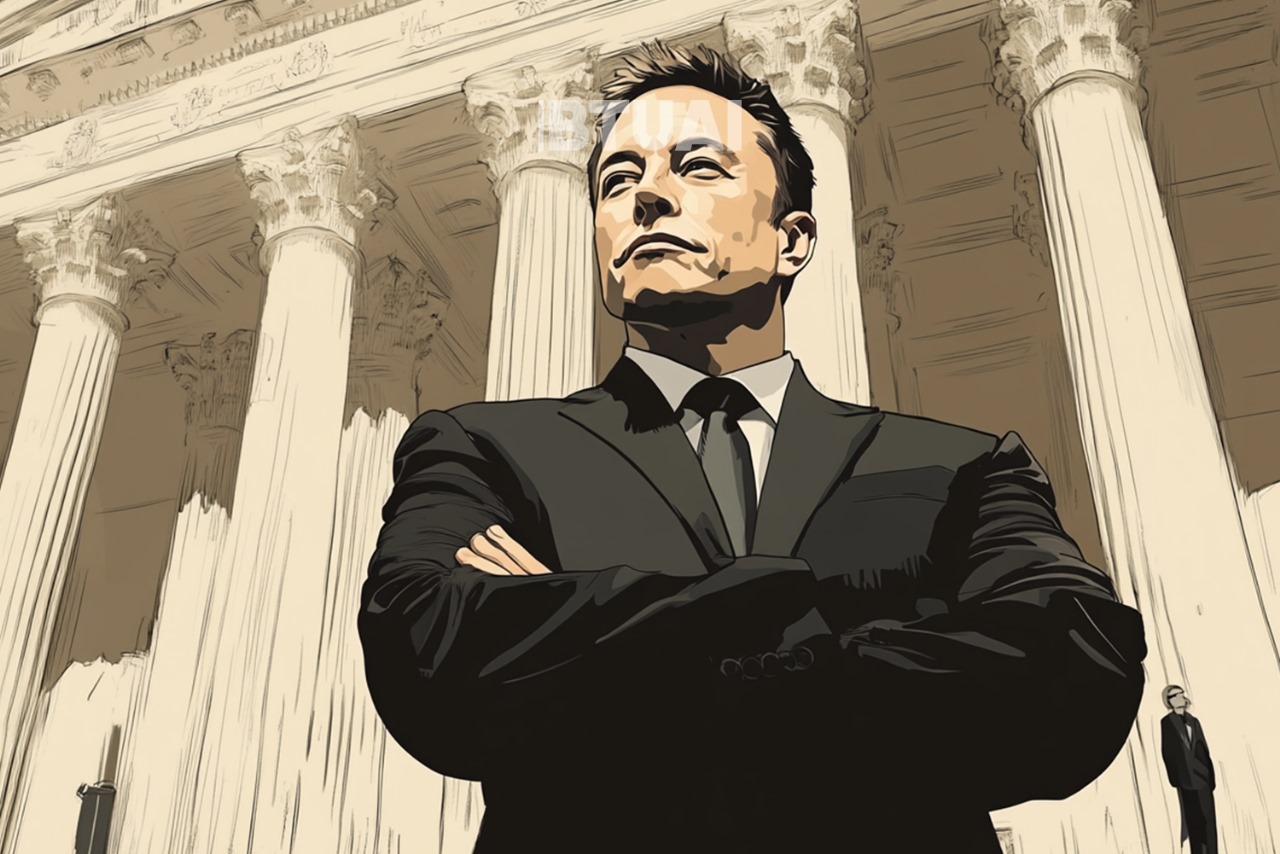Elon Musk’s Influence on Washington: A New Era of Public-Private Collaboration
Elon Musk, one of the most prominent figures of the modern technological era, continues to expand his influence beyond

Elon Musk, one of the most prominent figures of the modern technological era, continues to expand his influence beyond business and science, increasingly shaping political discourse. His recent engagements in Washington suggest an ambitious vision for reforming the public sector, sparking debates on how traditional governance should evolve in the 21st century.
Musk’s plans to reduce bureaucracy and optimize government resources challenge long-standing notions of public administration, highlighting his broader mission to enhance efficiency through technology and innovation.
Elon Musk’s Expanding Influence in Public Affairs
Beyond technological breakthroughs, Musk has demonstrated a unique ability to shape public discourse. The success of SpaceX and Tesla has granted him considerable authority, and his principles of efficiency, minimalism, and innovation have resonated with many politicians and business leaders. However, his vision for government transformation has sparked controversy, raising critical questions about the evolving relationship between the public and private sectors.
Musk’s proposal to reform the public sector reflects his belief that government institutions should function more like private enterprises—leaner, more adaptive, and technology-driven. He argues that bureaucratic complexity often fails to meet the needs of citizens, and that streamlining government processes through AI, automation, and digital platforms could enhance efficiency while reducing costs.
Government Spending & Optimization
One of Musk’s key arguments revolves around optimizing government spending. He claims that public funds are often misallocated, leading to wasteful expenditures. Musk advocates for greater financial oversight, transparency, and the use of AI-driven analytics to ensure resource efficiency.
Additionally, Musk emphasizes the need for government services to adopt a “customer-centric approach,” meaning that public services should be as simple, accessible, and results-driven as modern consumer technology. In this regard, he has championed the expansion of digital platforms that allow citizens to access public services efficiently, without excessive bureaucratic obstacles.
Redefining the Public-Private Relationship
Musk’s influence on Washington’s decision-making signals a broader transformation in the relationship between businesses and governments. Traditionally, the public and private sectors operated independently, but Musk envisions a collaborative model, where private enterprises play a more direct role in governance and problem-solving.
This shift is not without controversy. Critics argue that Musk’s initiatives may prioritize corporate interests over public welfare, potentially diminishing the role of government in essential areas such as social security and healthcare. Profit-driven decision-making, they warn, may not always align with public interest policies.
Conversely, Musk’s supporters view his technology-driven governance model as a solution to government inefficiencies. They contend that his data-driven, results-oriented approach could modernize public administration. His emphasis on AI-powered automation, streamlined processes, and digital integration appeals to politicians seeking new ways to improve efficiency.
A New Era of Business-Driven Politics?
Elon Musk’s involvement in policy discussions suggests the emergence of a new era, where business leaders play a more active role in shaping government strategy. This shift marks a departure from traditional politics, where policymaking was largely separated from private enterprise.
This new trend raises both opportunities and risks. While entrepreneurs like Musk bring innovation and efficiency, their growing political influence also introduces concerns about corporate bias and potential conflicts of interest.
Musk’s recent visit to Washington is only the beginning of a larger movement that could fundamentally reshape governance models. If his ideas take root, they could trigger a revolution in public administration, introducing technology-driven, citizen-focused governance that prioritizes innovation, transparency, and operational efficiency.
However, ensuring that such changes serve the public interest rather than corporate priorities will be the ultimate challenge. As governments explore collaborative governance models, maintaining transparency, accountability, and citizen-centered decision-making will be essential.
Musk’s influence in Washington could either pave the way for groundbreaking efficiency improvements or deepen concerns over private-sector dominance in policymaking. The future of technology-driven governance remains uncertain, but one thing is clear—Elon Musk is determined to leave his mark on both Silicon Valley and Washington alike.




